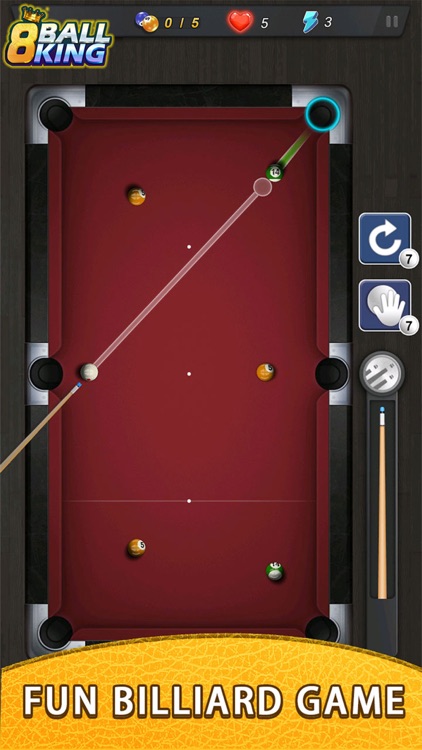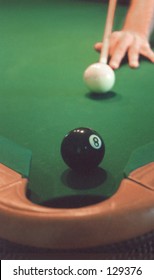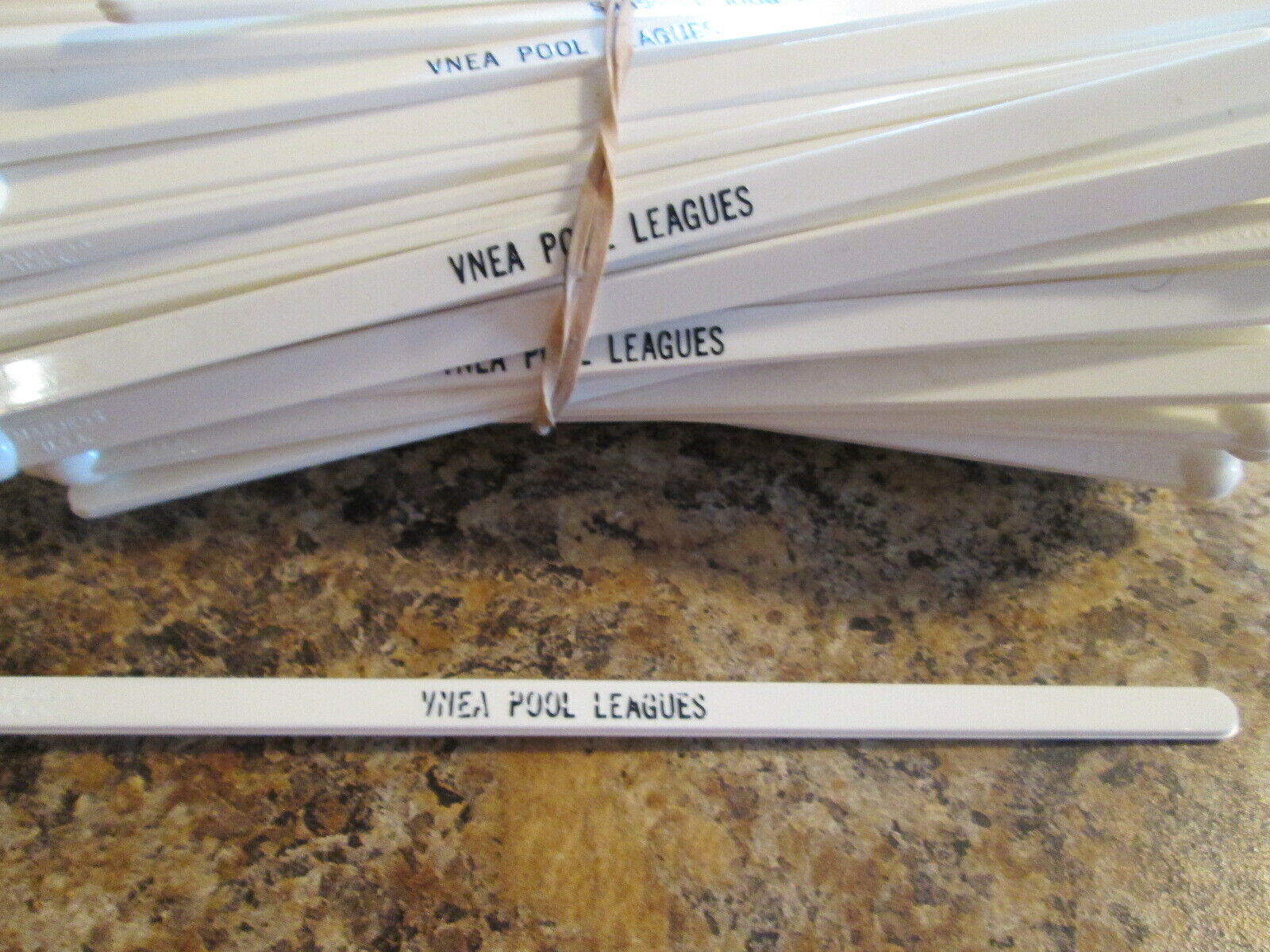
Pool balls can be used in billiards. Although made of many different materials they are often made from phenolic. Phenolic resin is a combination of formaldehyde & phenol. These two compounds have a reputation for being durable and resistant to scratching. This mixture is also resistant against high temperatures. The resin will fade and turn yellow if it is exposed to sunlight.
Wood was the first material used to make pool balls. These balls were very durable but could crack over time. In the 19th century, a chemist named Leo Baekeland invented a new plastic compound that was not flammable. This material was soon known as bakelite.
The process of creating pool balls was a costly one. The ball development process took a long time. One could easily cut the ball in half to see what it contained. The balls were then molded under extreme pressure.

After the initial version of bakelite was invented, other inventors began to experiment with chemical compounds to make pool balls. These innovations were some of the most important in the history of synthetic plastics.
While phenolic resin is an excellent choice for pool balls, the price is higher than its polyester counterpart. The polyester option is a better choice if you don't want to spend a lot on pool balls. The polyester option won't last as long as the phenolic resin.
Manufacturing a phenolic resin balls takes 23 days. Each step is checked carefully to ensure there are no impurities. The phenolic resin balls can also be stored at lower temperatures than the polyester balls. Consequently, they are also more durable and last for longer periods of time.
Aramith is the largest manufacturer of phenolic pool balls. Their phenolic balls last for 40 years and are very durable. They are also much less expensive than polyester balls. Those who want to upgrade to a more high-quality set of balls should consider the Aramith Premier, which includes superior resin technology.

Iszy is another pool ball maker that uses a combination phenolic-polyester resin. These pool balls are less expensive than phenolic, but they don't last as long. Polyester balls are also more prone to fading and burn spots on the table. However, they are still a great option for beginners.
One more manufacturer is Predator Arcos, which uses a proprietary chemical compound to create a number of phenolic resin balls. These balls are also harder than normal, making them more dense. If you are looking to spend less, the Iszy marble swirl set may be for you.
Many companies are trying to replicate the ivory-billiard ball experience. Unfortunately, ivory is no longer readily available. Modern pool balls are made from a combination of formaldehyde and phenolic resin. Currently, 85% of the pool balls in the market are phenolic.